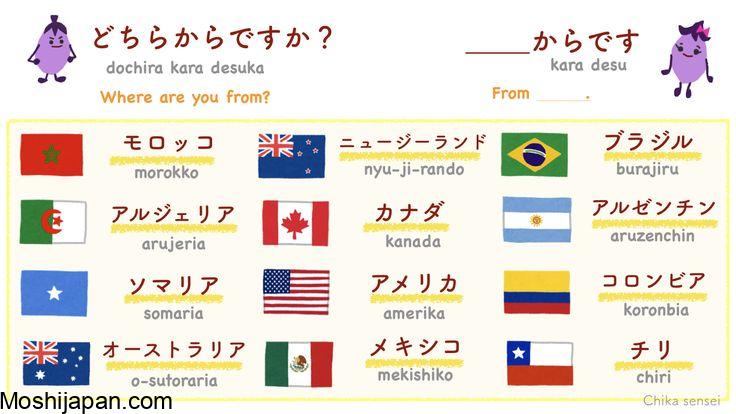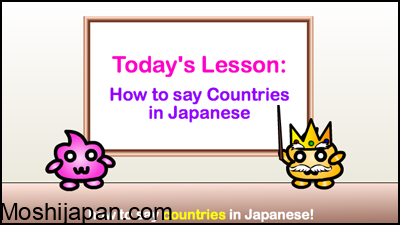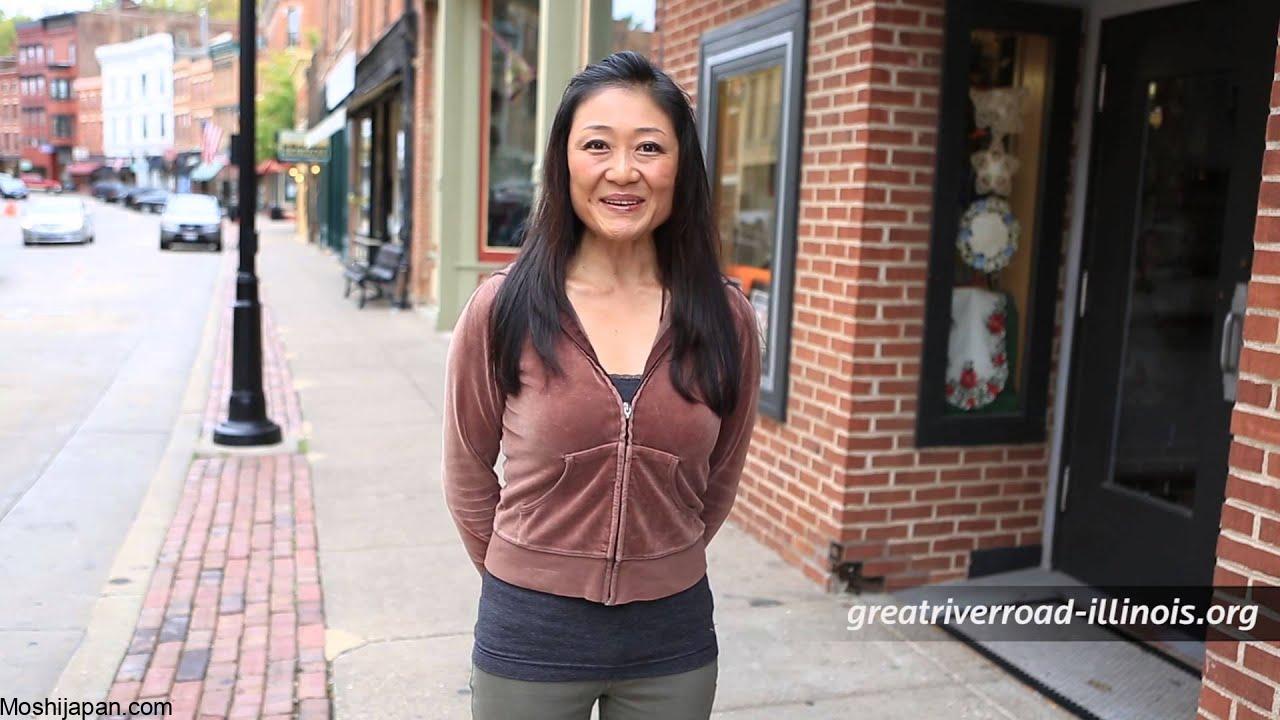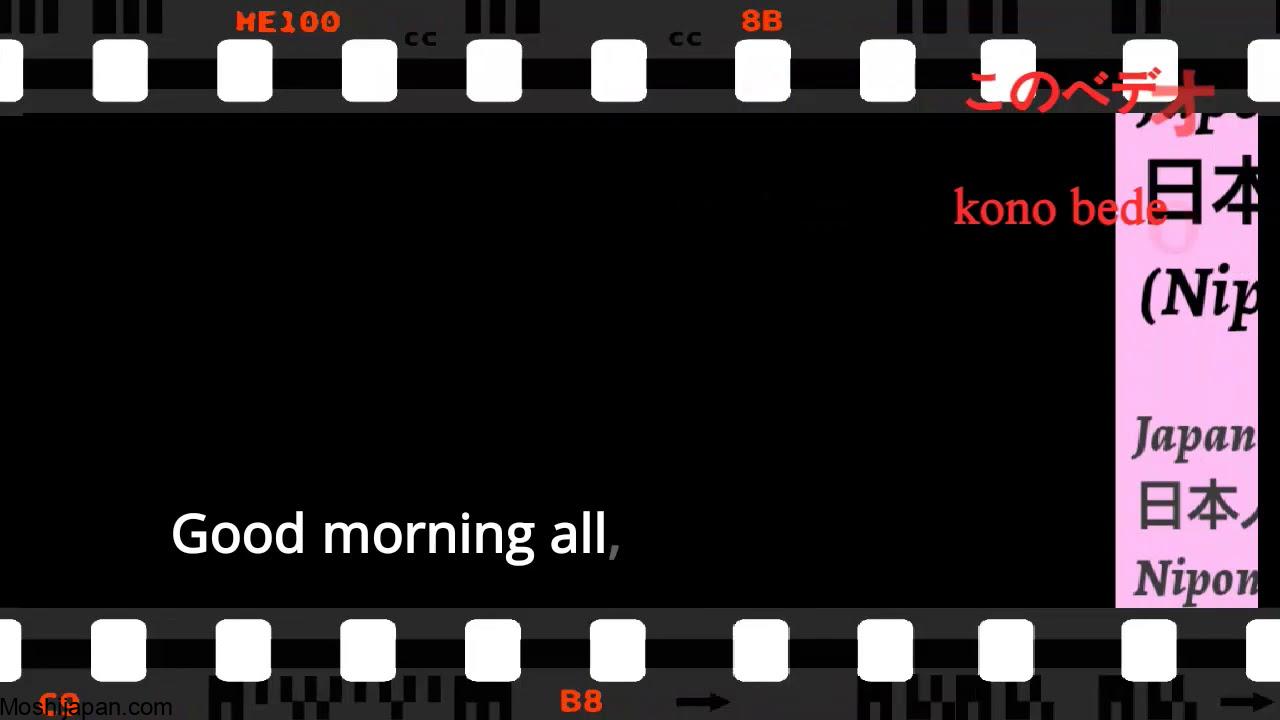How to Say “Country” in Japanese
In this comprehensive guide, we will delve into the intricacies of expressing the word “country” in the Japanese language. Japan, with its rich cultural heritage and unique linguistic nuances, offers a fascinating perspective on how different languages encapsulate the concept of a nation. Whether you’re a language enthusiast, a traveler planning a visit to Japan, or simply curious about linguistic diversity, we’ve got you covered. Let’s explore the various ways to say “country” in Japanese and gain a deeper understanding of this captivating language.
The Basic Word: “Kuni” (国)

The most straightforward and commonly used word for “country” in Japanese is “国” (kuni). This term encapsulates the notion of a sovereign nation-state. You can use “kuni” in everyday conversations when referring to different countries around the world. For example, if you want to say “Japan” in Japanese, you simply say “日本” (Nihon) or “日本国” (Nihon-koku), where “koku” means “country.”
The Formal Term: “Kokka” (国家)

When discussing international relations, politics, or diplomatic matters, the more formal term for “country” is “国家” (kokka). This word conveys the idea of a nation in a broader sense, emphasizing its political and governmental aspects. “Kokka” is often used in official documents, treaties, and speeches.
Expressing Specific Countries

Japanese also has specific words for certain countries. These words are typically derived from the country’s name or a phonetic approximation. Here are a few examples:
- America: “アメリカ” (Amerika)
- Canada: “カナダ” (Kanada)
- France: “フランス” (Furansu)
- China: “中国” (Chūgoku)
These country names are used in a similar way as “kuni” when talking about different nations.
Regional and Historical Variations

Japan’s history is replete with influences from neighboring countries and regions. As a result, there are historical and regional variations in how the word “country” is expressed. These variations can add depth and cultural context to your language skills.
- “Kuni” (國): In older texts and historical contexts, you may come across the character “國” (kuni), which was historically used to represent the concept of a country. While it’s not commonly used today, it’s essential to recognize it in historical documents and literature.
- “Kizoku” (貴族): In ancient Japan, the term “貴族” (kizoku) referred to the nobility or aristocracy, who played a significant role in the governance of the country. Understanding these nuances can provide valuable insights into Japan’s feudal past.
Additional Ways to Say “Country”

Japanese is a language that thrives on context and specificity. Depending on the situation, you may encounter other words related to the concept of a country:
- “Taigai” (対外): This term refers to foreign countries or international matters. It’s often used in discussions about global affairs and diplomacy.
- “Kenkoku” (建国): When discussing the founding or establishment of a nation, “建国” (kenkoku) is the word of choice. It highlights the historical significance of a country’s formation.
Cultural Insights
Understanding how a language expresses the concept of a country provides valuable cultural insights. Language is more than just a means of communication; it reflects the history, values, and worldview of a society. In the case of Japan, the various ways to say “country” offer a glimpse into the country’s intricate relationship with its own identity and its perception of the world.
In addition, Japanese culture places a strong emphasis on politeness and context-appropriate language. When conversing in Japanese, it’s essential to consider your audience and the formality of the situation. This cultural sensitivity extends to the choice of words related to the concept of a country.
FAQ
Q1: Are there other words in Japanese for “country”?
A1: Yes, in addition to “kuni” and “kokka,” Japanese has specific words for many countries, often derived from the country’s name or a phonetic approximation.
Q2: How do I know which word to use when referring to a country in Japanese?
A2: The choice of word depends on the context and formality of the situation. “Kuni” is the most versatile and commonly used term, but “kokka” is preferred in formal or diplomatic contexts.
Q3: What is the historical significance of “kizoku” in Japan?
A3: “Kizoku” refers to the nobility or aristocracy in ancient Japan and played a significant role in the country’s governance.
Q4: Are there variations in how different regions of Japan refer to a country?
A4: While there are historical and regional variations, “kuni” and “kokka” are widely understood throughout Japan.
key words
- learn japanese in 90 days 2024
- japanese in use everyday
- japanese for to day
- how to say i love you in japanese



0 Comments